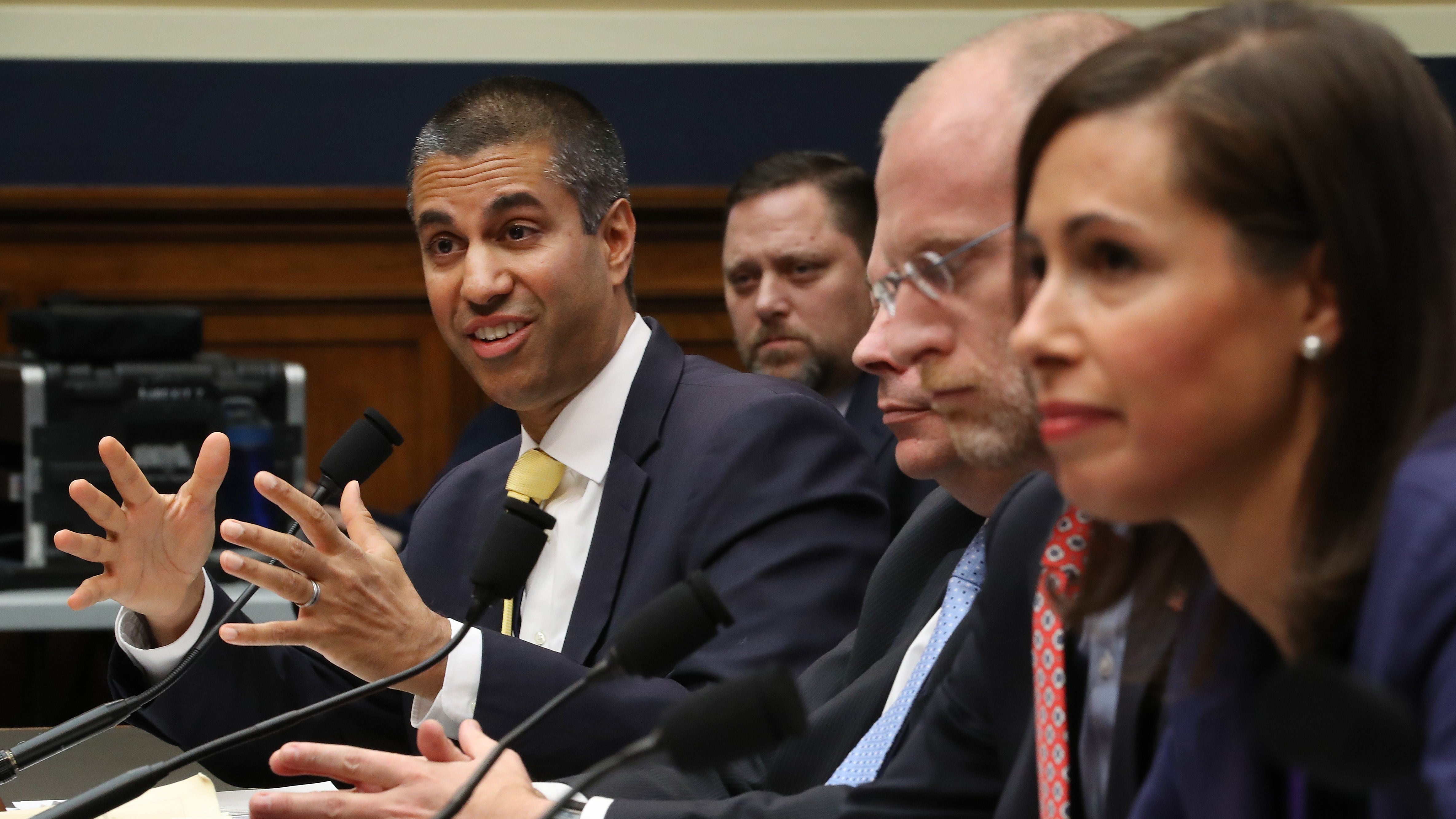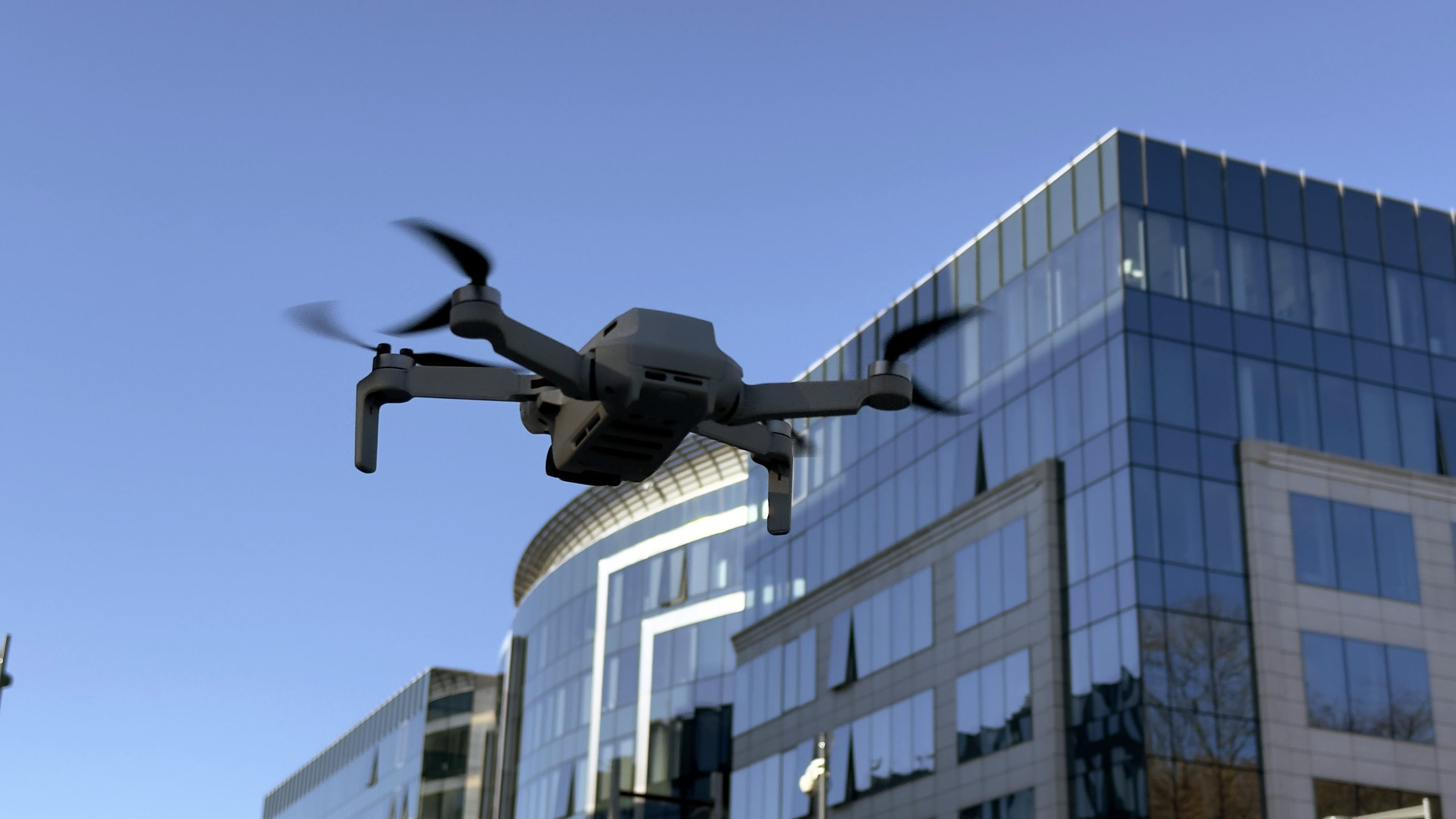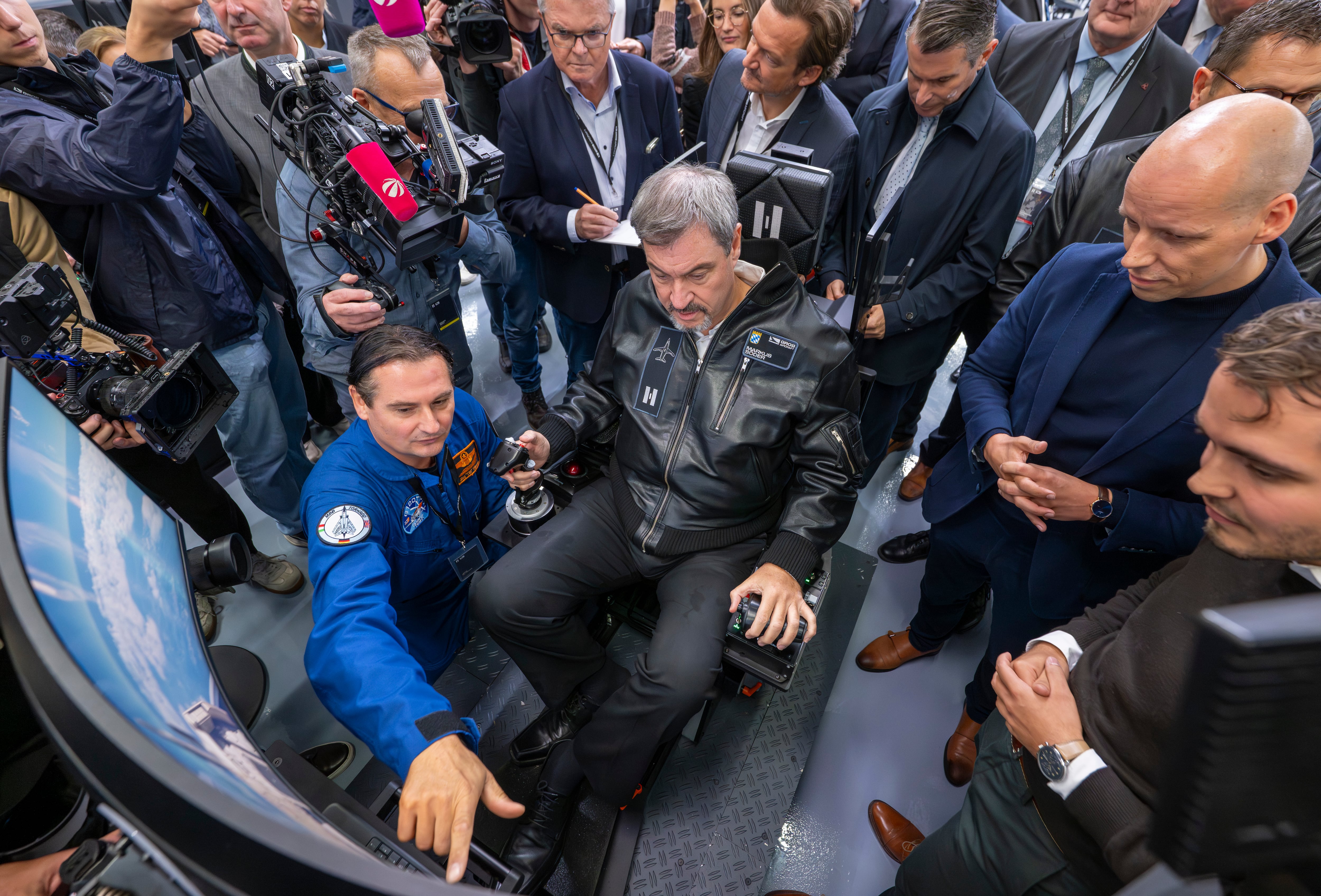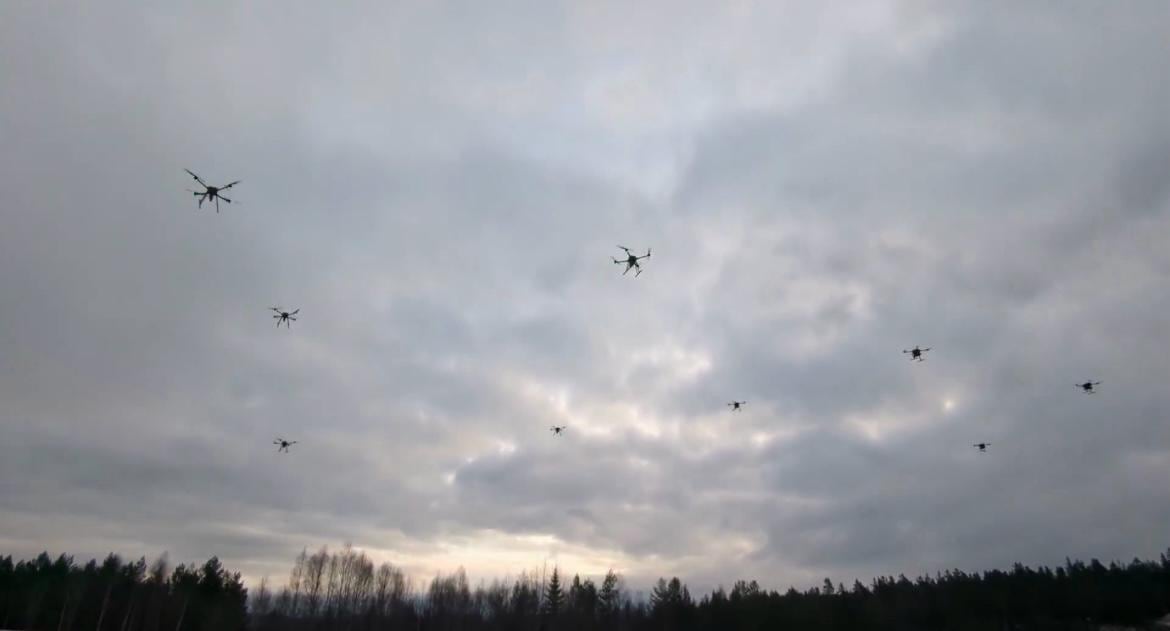A trio of House Armed Services Committee members are asking for an inspector general-run investigation into a company that tested whether Ligado Networks’ potential use of a radio frequency will interfere with GPS. The lawmakers want to know if consulting company Roberson and Associates, which submitted its finding to the Federal Communications Commission, has a conflict of interest in the matter.
At the core of the members’ concerns is Dennis Roberson, the chairman of the FCC’s Technological Advisory Council. The TAC is a group of technology experts whose role is to help the FCC “identify important areas of innovation and develop informed technology policies,” per the commission website.
Roberson is also the head of Roberson and Associates. Ligado wants to use the L-band spectrum, and it hired Roberson and Associates in 2016 to perform a technical study on the potential interference to GPS. The lawmakers said this raises “a “troubling appearance of a conflict of interest.”
Roberson, however, denies any conflict of interest. “The inspector general can review this, and I’m sure they will find it to be without merit as well because of the way in which the FCC conducts its business,” he told C4ISRNET on Friday.
In an April 20 vote, the FCC unanimously supported Ligado’s request to use the L-band spectrum, despite heavy opposition from the Defense Department and other government agencies, as well as commercial trade groups, which believe the Ligado plan will damage the usability of GPS. On May 22, the federal government formally requested the FCC reconsider its position, but analysts do not expect such a reversal.
The letter, dated June 11, is addressed to FCC Chairman Ajit Pai and signed by Reps. Jim Cooper, D-Tenn., the chairman of the HASC Strategic Forces Subcommittee; Mike Turner, R-Ohio, the ranking member on that same committee; and Elise Stefanik, R-NY., the ranking member on the Subcommittee on Intelligence and Emerging Threats and Capabilities.
The members noted that the study done by Roberson’s company “is referenced more than eighty times in the [FCC’s] approval order and was clearly a significant factor in the Commission’s decision.” In addition, the members noted, Roberson has written several public pieces supporting the FCC’s decision.
Congressional staffers, speaking on condition of anonymity to C4ISRNET, argued that together those actions raise questions about whether Roberson gave impartial technical advice to the FCC.
“If you’re going to rely on this one test — and this one test is in opposition to the unanimous opinion of those entities that are ... most likely to be negatively impacted by this — [then] that test really has to be unassailable. There shouldn’t be things about it, or how it was put together, or the standards it should meet, that strikes anybody as odd,” said one HASC staffer. “It’s just irregular that you had somebody involved on both sides of the spectrum here.”
Said a second staffer: “It looks strange. It’s raising a lot of questions, and so I think we need answers to these questions.”
RELATED
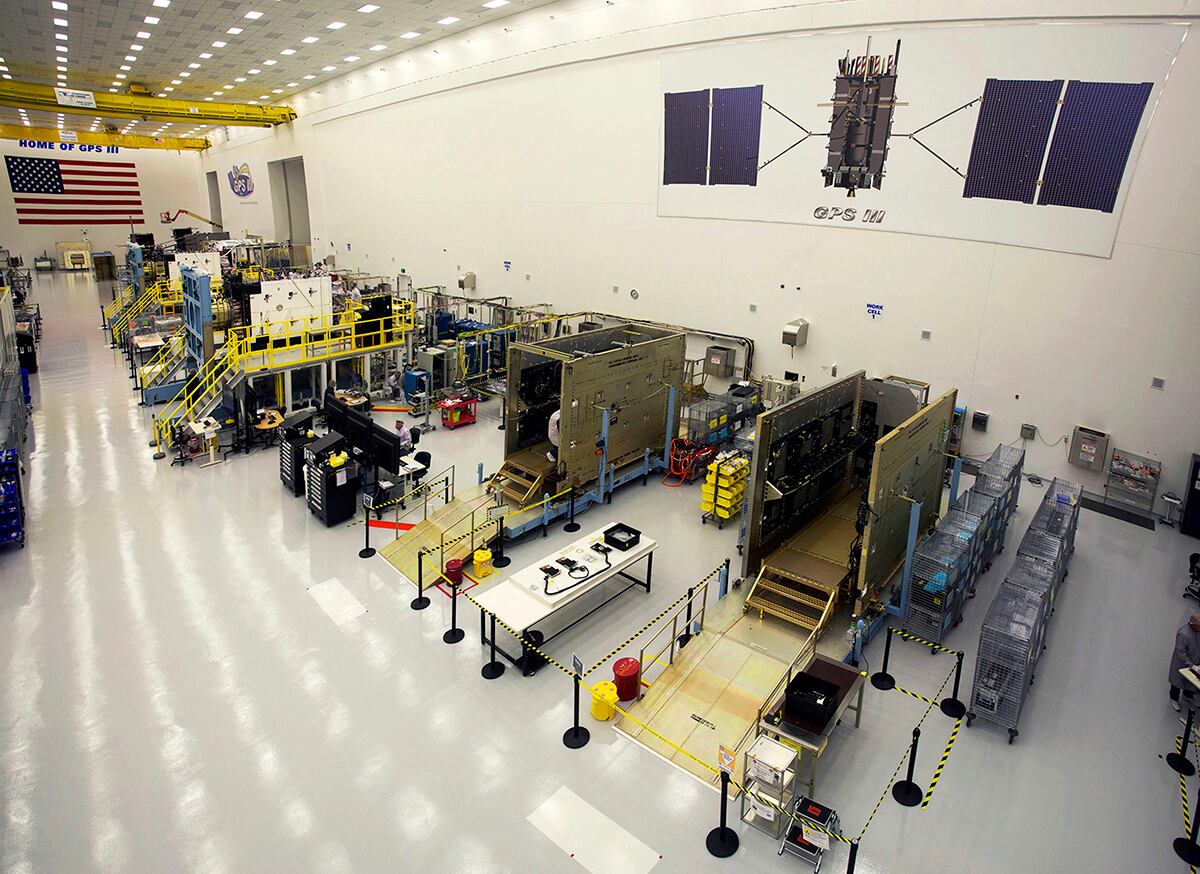
Roberson told C4ISRNET he was “totally startled” by the letter.
“This is upsetting. This is the sort of thing that discourages people from supporting and serving the government,” said Roberson, who has served on the TAC since its inception. “I’ve always viewed service on the TAC as a giving-back kind of thing. I’ve been fortunate to be relatively successful through my life, and to be able to contribute in this way is something I’ve always felt really good about. To have it spun in the way this letter does, it’s hurtful on a personal level. It really is.”
While acknowledging that Ligado is currently a client, Roberson denied that the TAC had discussed the Ligado issue, saying the group is not chartered to deal with ongoing issues but rather to look toward future concerns. He also noted that members of the TAC are specifically brought onboard to represent their company’s viewpoints, consistent with the Federal Advisory Committee Act.
The lawmakers requested Pai, the FCC chairman, provide three pieces of information about Roberson’s involvement:
- An “analysis” of how Roberson’s involvement in advising the FCC, while also leading the TAC after having previously worked for Ligado, “does not, at minimum, give rise to the appearance” of a conflict of interest. Roberson, for his part, said: “There was no discussion by me or anyone else about Ligado. It’s not something that would or should have been talked about. There’s no conflict there, could not be.”
- Whether Roberson or commission staff disclosed Roberson’s connection to Ligado to Pai. Roberson noted that his name is on multiple FCC fillings related to Ligado, and that he has been in meetings between Pai and Ligado officials. “If we were trying to keep it a secret that I was working with Ligado, we did a really horrible job,” Roberson said.
- The date on which Roberson was “briefed by Commission officials regarding his ethical responsibilities and duty to avoid” conflicts of interest. According to Roberson, this issue was most recently covered at the first TAC meeting of the year, in early March.
Most notably, the lawmakers requested the matter be referred to the FCC’s inspector general “for a review of the potential conflict of interest,” a move that Capitol Hill staffers acknowledge could delay Ligado’s L-band project.
“This is a long-term process here to get to the end of this thing,” the first staffer said. “If this was a totally undisputed situation, it would take — the Ligado CEO is on record saying that he is at least 18 months away from having a network up and running. So yes, I think it would be our preference that we delay until we can get some sort of independent test to verify and resolve the concerns.”
A spokesman for the FCC said the commission will review the letter.
Aaron Mehta was deputy editor and senior Pentagon correspondent for Defense News, covering policy, strategy and acquisition at the highest levels of the Defense Department and its international partners.
